
What isOUR PEDAGOGICAL PHILOSOPHY?
followinga child-centered approach
Kindergarten and nursery educators rely on a professional and friendly attitude to gain the trust of their charges. They make it their responsibility to listen and care for your children in a way that encourages them to learn and develops their curiosity.
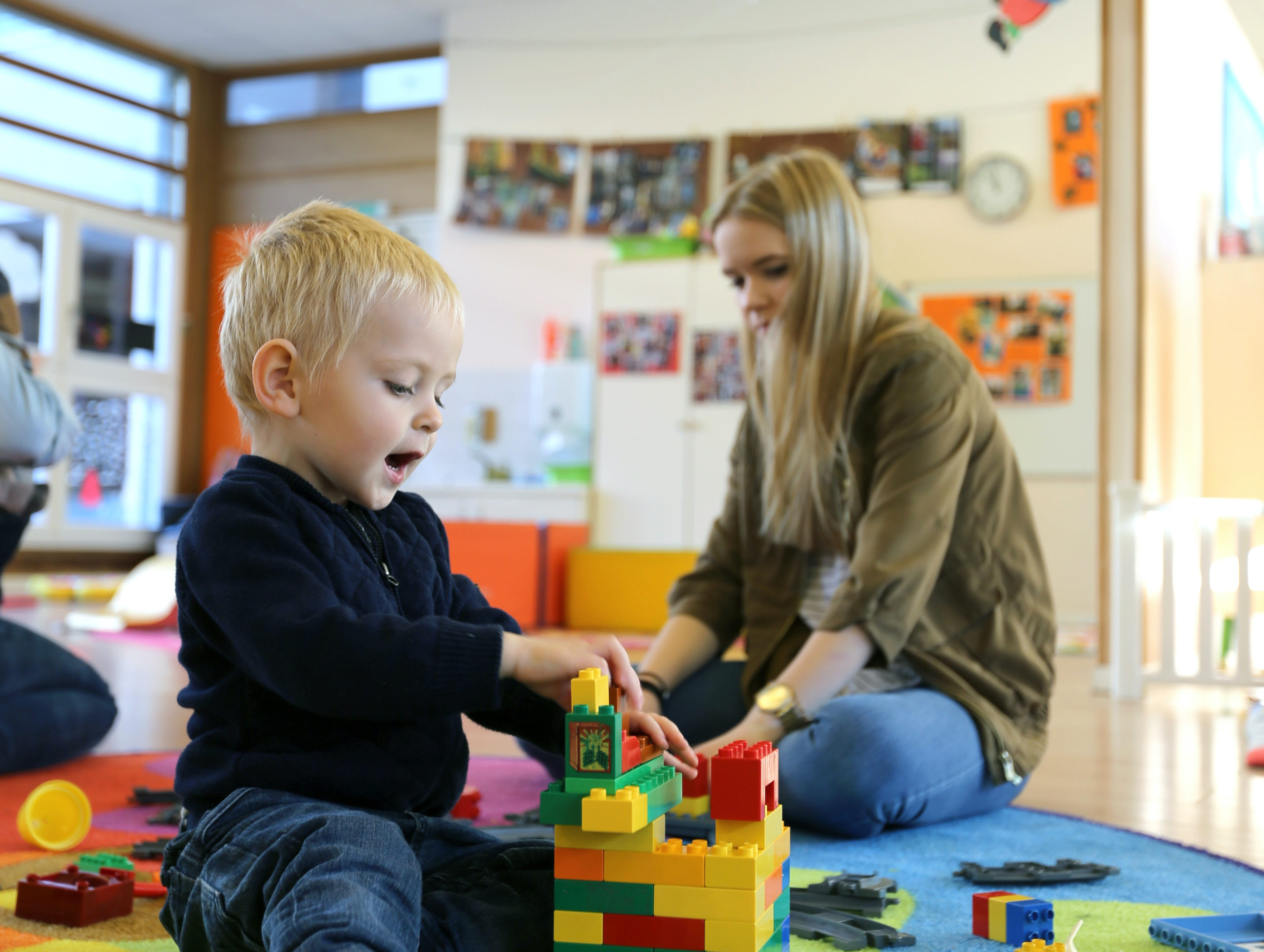
enablingnatural personal growth
There is no need to rush a child’s development – each one will reach their goals in due time. We should, however, empower them to believe in themselves and their ability to progress. Judgement and comparison are to be left at the door. Time, encouragement and stimulation enable children to successfully navigate the early learning stepping stones.
encouragingsocial interaction
Nursery and kindergarten are key to child development because it is where many infants first meet children and adults from outside their family circle. If they feel safe and suppported, they will have more confidence and be more inclined to take risks, get to know new people and learn new ways of interacting with others. Exercises like free play and group activities provide them with a positive first experience of community life.
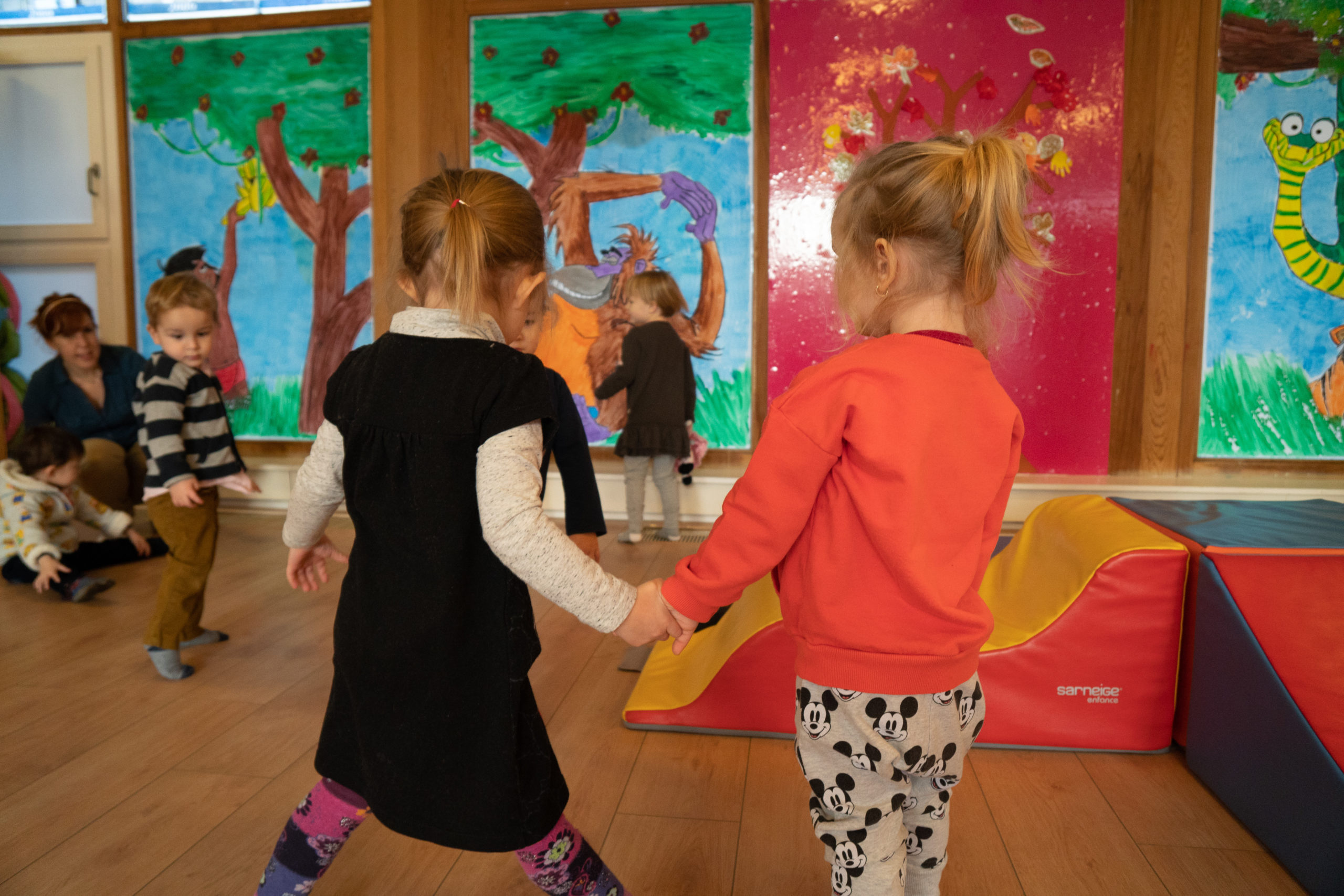
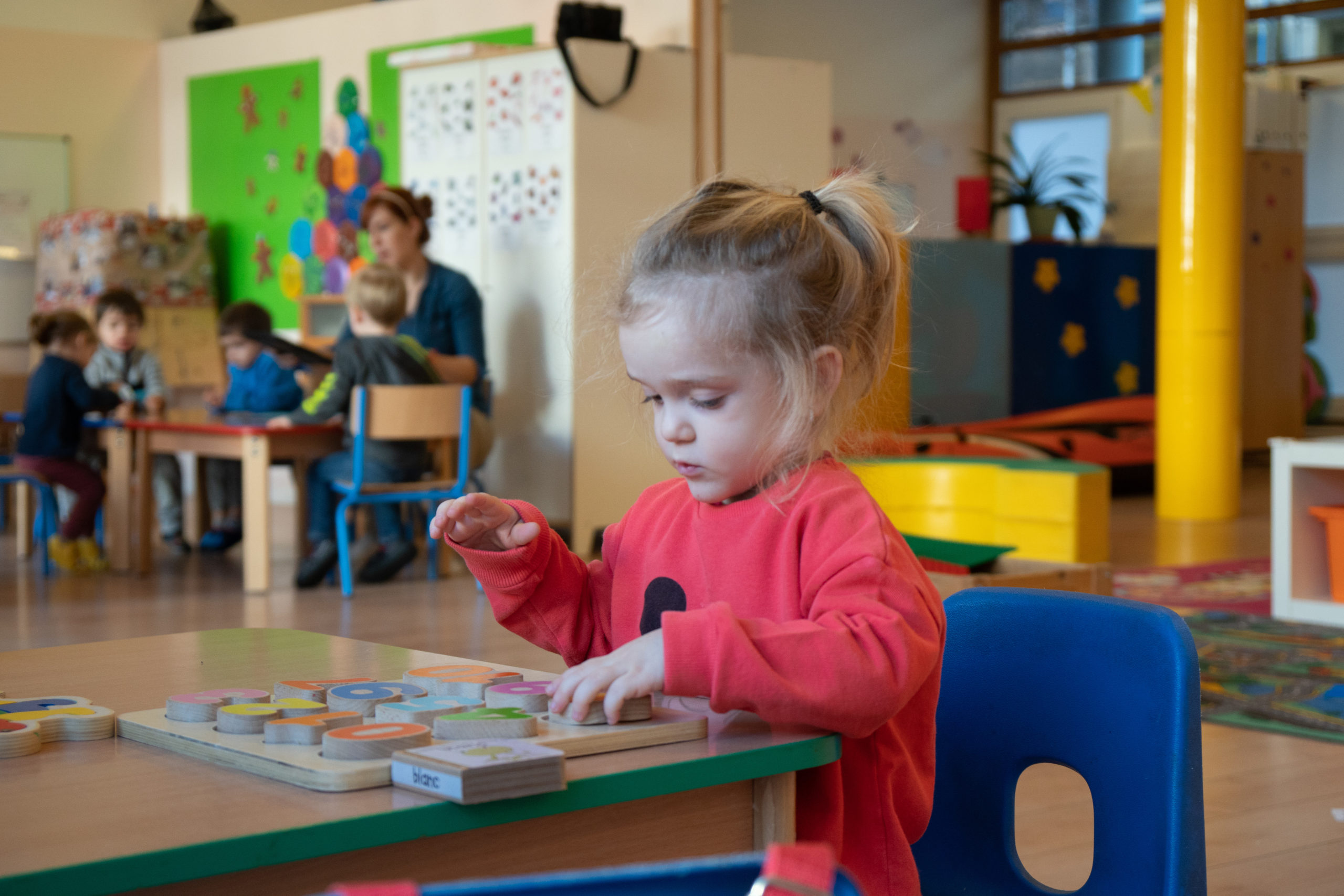
Enablingeducational firsts
Nursery should also provide structure to a child’s early education through specially-crafted activities. Storytelling, handicrafts and other pursuits reinforce the learning of language structures and vocabulary whilst simultaneously promoting development in other areas like motor skills and socialisation. Learning to ask adults questions, interact with their peers and use language every day is essential to a nursery education.
Encouragingearly bilingualism
Nursery is also the first step towards acquiring the fundamentals of language. From about 18-24 months, children start interacting with others using the sounds and words they hear regularly.
The Haut-Lac nursery educators therefore adopt a friendly 1 person/ 1 language approach to give our little ones the confidence to express themselves independently in English and French.
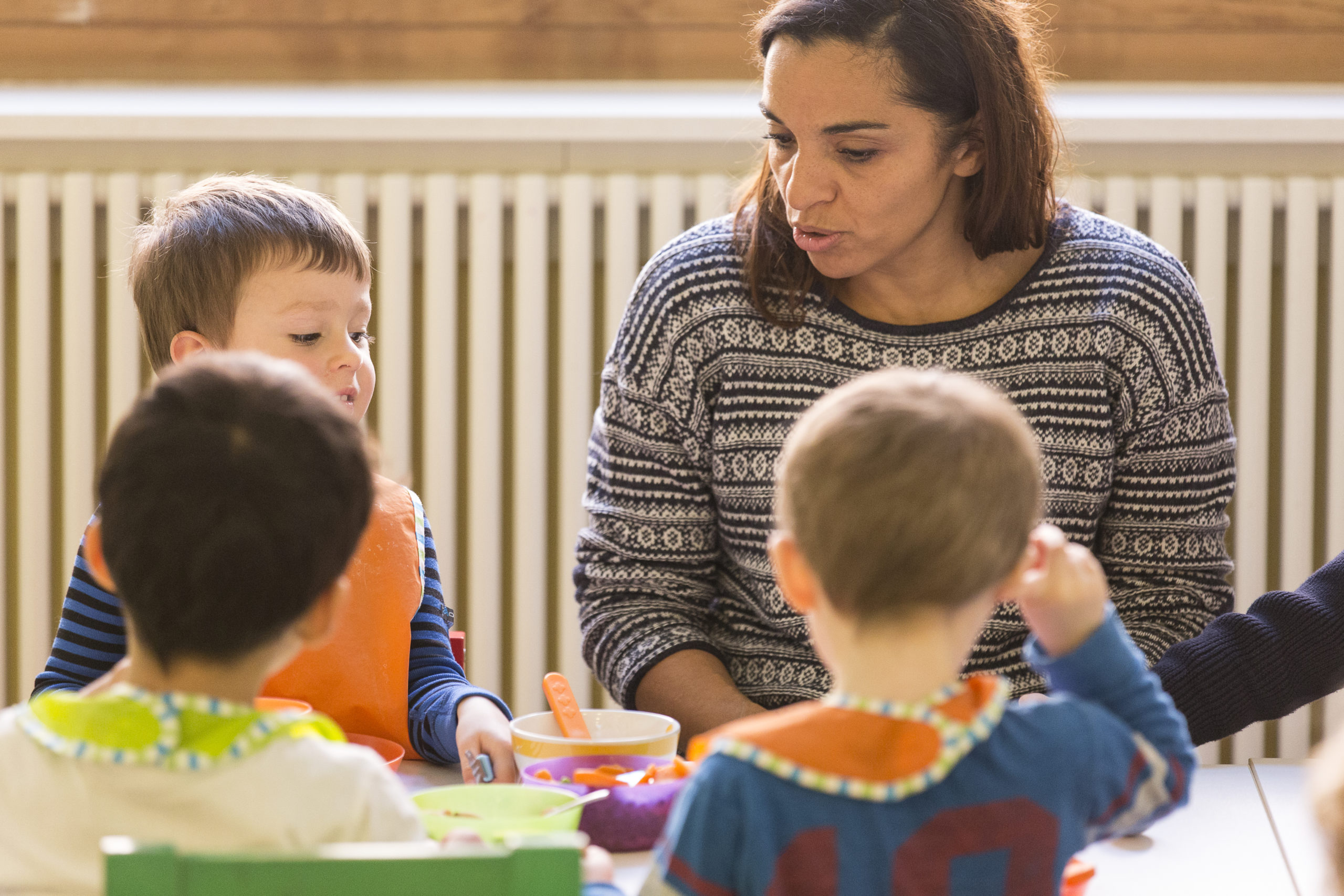
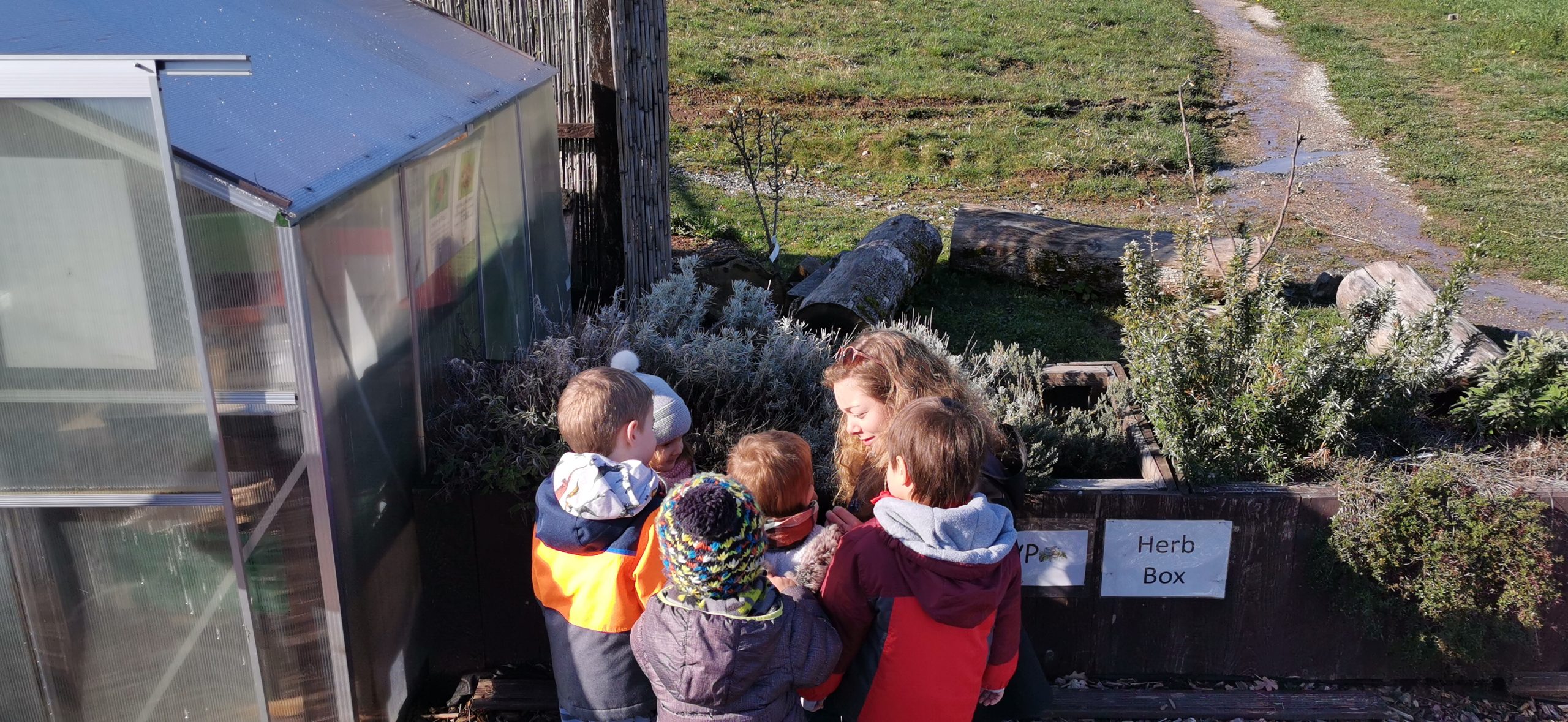
Impartinghealthy habits
As they adapt to the routine of nursery life, children begin to develop habits. We must therefore lead by example so that they develop positive, healthy attitudes. Educators are there to praise children when they do things well and to put them gently back on track when they deviate. Nowadays, mindfulness is also becoming more prominent in early learning as it helps children better understand and deal with their emotions, as well as be less reactive.